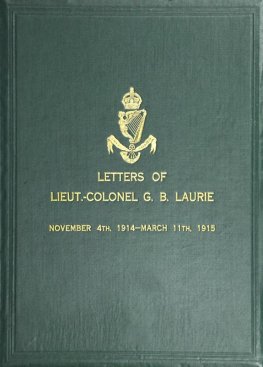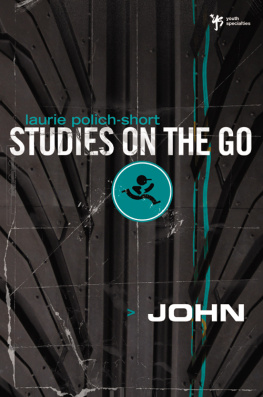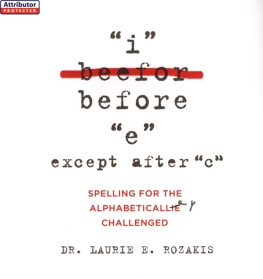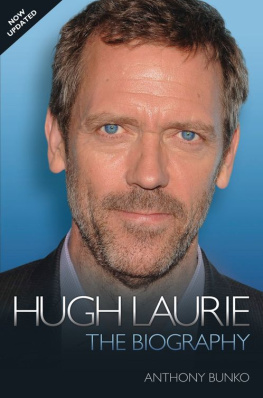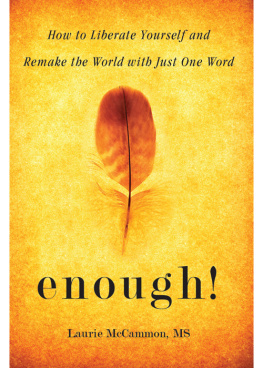Laurie Rozakis - Ultimate Word Success
Here you can read online Laurie Rozakis - Ultimate Word Success full text of the book (entire story) in english for free. Download pdf and epub, get meaning, cover and reviews about this ebook. year: 2009, publisher: Petersons, genre: Science. Description of the work, (preface) as well as reviews are available. Best literature library LitArk.com created for fans of good reading and offers a wide selection of genres:
Romance novel
Science fiction
Adventure
Detective
Science
History
Home and family
Prose
Art
Politics
Computer
Non-fiction
Religion
Business
Children
Humor
Choose a favorite category and find really read worthwhile books. Enjoy immersion in the world of imagination, feel the emotions of the characters or learn something new for yourself, make an fascinating discovery.

- Book:Ultimate Word Success
- Author:
- Publisher:Petersons
- Genre:
- Year:2009
- Rating:5 / 5
- Favourites:Add to favourites
- Your mark:
- 100
- 1
- 2
- 3
- 4
- 5
Ultimate Word Success: summary, description and annotation
We offer to read an annotation, description, summary or preface (depends on what the author of the book "Ultimate Word Success" wrote himself). If you haven't found the necessary information about the book — write in the comments, we will try to find it.
Ultimate Word Success — read online for free the complete book (whole text) full work
Below is the text of the book, divided by pages. System saving the place of the last page read, allows you to conveniently read the book "Ultimate Word Success" online for free, without having to search again every time where you left off. Put a bookmark, and you can go to the page where you finished reading at any time.
Font size:
Interval:
Bookmark:
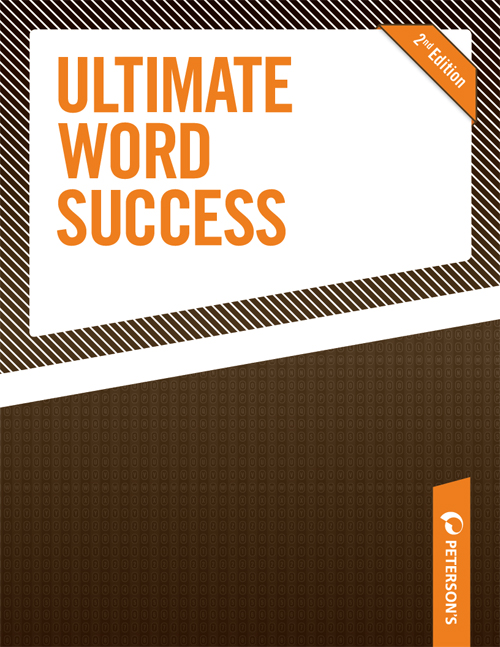
About Petersons
To succeed on your lifelong educational journey, you will need accurate, dependable, and practical tools and resources. Thatis why Petersons is everywhere education happens. Because whenever and however you need education content delivered, youcan rely on Petersons to provide the information, know-how, and guidance to help you reach your goals. Tools to match theright students with the right school. Its here. Personalized resources and expert guidance. Its here. Comprehensive anddependable education contentdelivered whenever and however you need it. Its all here.
For more information, contact Petersons, 2000 Lenox Drive, Lawrenceville, NJ 08648; 800-338-3282; or find us on the WorldWide Web at www.petersons.com/about.
2009 Petersons, a Nelnet company
Previous edition 2003
Stephen Clemente, President; Bernadette Webster, Director of Publishing; Jill C. Schwartz, Production Editor; Ray Golaszewski,Manufacturing Manager; Linda M. Williams, Composition Manager
ALL RIGHTS RESERVED. No part of this work covered by the copyright herein may be reproduced or used in any form or by anymeansgraphic, electronic, or mechanical, including photocopying, recording, taping, Web distribution, or information storageand retrieval systemswithout the prior written permission of the publisher.
First eBook Edition: June 2010
ISBN: 978-0-7689-3242-3
Lets start by exploring some frequently asked questions about learning words for standardized exams. Then, well take a lookat strategies for using this book to your best advantage.
Q:How is vocabulary measured on standardized exams?
A: The SAT*, PSAT/NMSQT*, GED, ACT, and TOEFL all test your vocabulary. For example, the SAT includes vocabulary-in-contextquestions, in which you must determine the meaning of words as used in specific sentences. If you know the meaning of everyword in the question, youll probably get the answer right. The more words you know, the better your chances of narrowingdown the choices to the correct one. In addition, standardized tests assess your vocabulary indirectly through the use ofreading comprehension passages and questions. Test takers with a strong vocabulary have an advantage in answering these questions.
Q:How do the test makers choose words for the exams?
A: The test makers want to determine whether you possess a well-rounded, educated vocabularythe kind of vocabulary you needto read, write, and speak effectively in college and beyond. Test-worthy words include those that any educated person mightuse in speaking or writing, as well as those that are quite specific to particular academic fields.
Q:What kind of words wont be on the exam or in this book?
A: The following types of words are excluded from this book because theyre not likely to appear on a standardized test:
Relatively common words that most high school students already know
Highly technical words understood only by specialists or experts in certain academic fields and professions
Non-English words that are not widely used among English speakers
Informal jargon, slang, or colloquialisms
Words no longer in common use
Q:Does this book include all of the words I need to know for my exam?
A: Of course notthe English language includes thousands of test-worthy words. The Oxford English Dictionary lists more than 600,000 words; German has fewer than one-third that number, French fewer than one-sixth. No matter how thoroughlyyouve prepared for the test, you will most likely encounter new and unfamiliar words on the exam.
Q:Can I learn the words I need to know by taking simulated practice tests?
A: Unfortunately, no. Youll learn a few new words this way but not nearly enough. Simulated testing is more useful for learningtest-taking skillsanalyzing questions and developing strategies for responding to themthan for improving vocabulary.
A phonetic spelling spells out a word just the way it sounds when spoken, without the confusing marks that you find in dictionaries.The syllable receiving primary emphasis is spelled with italics or capital letters. Heres an example of a word with its phonetic spelling as used in this book:
ideology (eye-dee-ol-oh-jee)
You can tell that the first syllable receives the emphasis because it is written in italics.
Heres a guide to help you properly interpret the phonetic spellings used in this book:
| Phonetic Spelling | Sample Word | Pronunciation |
|---|---|---|
| a | cat | kat |
| ah | otter | ah-ter |
| ay | state | stayt |
| airplane | ayr-playn | |
| aw | awesome | aw-sum |
| ee | neat | neet |
| e or eh | necklace | nek-lis |
| espouse | eh-spowz | |
| i or ih | indicate | in-dih-kayt |
| y or eye | kite | kyt |
| idea | eye-dee-ah | |
| oh | open | oh-pin |
| oo | beautiful | byoo-tih-ful |
| ow | couch | kowch |
| u or uh | stuck | stuk |
| appreciate | uh-pree-shee-ayt | |
| bully | bul-ee | |
| zh | excursion | ek-sker-zhun |
Before you can determine where you have to go, you need to figure out where you are. Take the following pretest to see howyour vocabulary measures up to that of other test takers. The following pretest conforms to the format of the vocabulary portionof the SAT. This format will help you assess your current knowledge of vocabulary and standardized test-taking format forthis all-important college admissions test.
Directions: For each question in this section, select the best answer from among the choices given. Circle your answer or write yourchoice on a separate sheet of paper.
Each sentence below has one or two blanks, each blank indicating that something has been omitted. Beneath each sentence arefive words or sets of words labeled (A) through (E). Choose the word or set of words that, when inserted in the sentence,best fits the meaning of the sentence as a whole.
Example:
A pidgin is a(n) __________ jargon containing words of various languages and little in the way of grammar.
(A) precise
(B) explicit
(C) demanding
(D) makeshift
(E) anecdotal
The correct answer is (D).
By working a great deal of overtime, Hector gave the boss a(n) __________ reason to give him a raise.
Font size:
Interval:
Bookmark:
Similar books «Ultimate Word Success»
Look at similar books to Ultimate Word Success. We have selected literature similar in name and meaning in the hope of providing readers with more options to find new, interesting, not yet read works.
Discussion, reviews of the book Ultimate Word Success and just readers' own opinions. Leave your comments, write what you think about the work, its meaning or the main characters. Specify what exactly you liked and what you didn't like, and why you think so.


